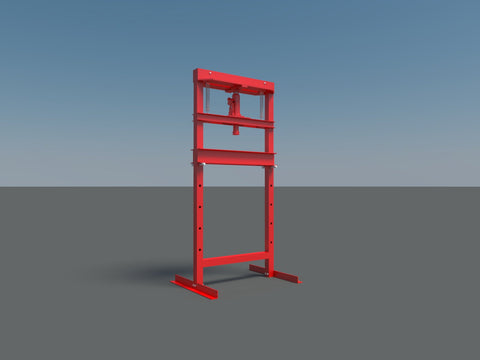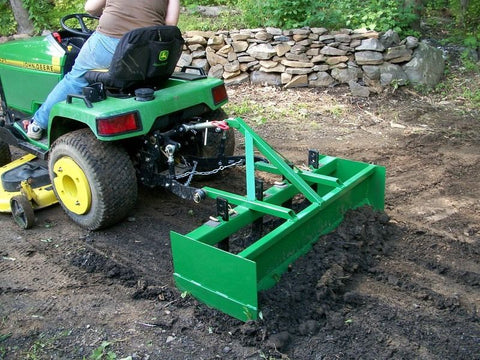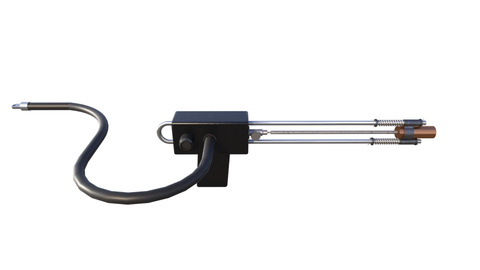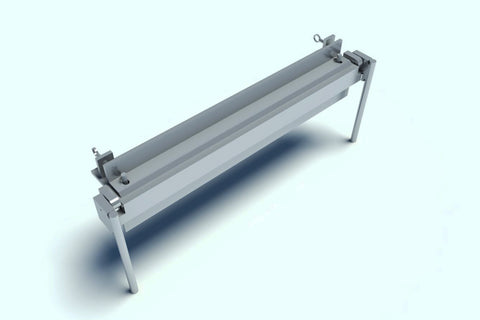Blacksmith Homemade Forge Plans DIY Build Your Own Portable Blacksmithing Equipment 12 Volt
Homemade Blacksmith Forge Plans
These DIY plans will step you through the process of building your own Blacksmith Forge
What Are Blacksmith Forges?
Blacksmiths have several options for building forges. Some choose to build their own using Homemade Forge Plans. Others choose to purchase a prefabricated one. Both are useful tools for blacksmiths. These are important to the process of metal working, and a well-built forge is essential to the success of a blacksmith.
Anvils
Anvils are an important tool for blacksmithing. A properly sized anvil will allow the blacksmith to strike metal with a finer impact. In addition, a properly sized anvil can reduce the risk of a workpiece being damaged by hitting the anvil.
Anvils have many uses and are available in many different designs. There are various styles of anvil, and their design depends on their use and location. Some have horns on one side, while others have a squared off end. A Porter hole is another common feature on an anvil.
Blacksmith anvils can be used for a wide variety of tasks. Some are specialized, while others are general purpose. Depending on the application, anvils are also characterized by their shape, making them easier to use.
Hardy tools
A blacksmith's hardy tools are very important for the process of forging metals. The tools help in flattening the material. The tools are also useful for removing bumps and dips. They can also be used for scrolling, twisting, and precision bends. The tools are similar to bending forks and are made of cold-rolled steel (1018) for extra strength.
There are three types of hardy tools that a blacksmith can use. One tool, the Cutting Tool, is shaped like a wedge and fits into the anvil's hardy hole. The other tool is a bending tool, which acts as a mold for hot metal and gives a clean bend.
Solid fuel forges
Propane gas is an excellent fuel for blacksmith forges. Propane is a clean burning fuel that produces no ash. This fuel can be found at any hardware store. Propane is a three-carbon gas alkane that is produced through the alkylation process of petroleum. It was first discovered by French chemist Marcellin Berthelot in the mid-nineteenth century.
Coke is similar to coal, but lighter and contains very little sulfur. Its carbon content is almost completely pure, making it an excellent fuel for forge welding. It produces very little smoke and produces a small amount of carbon dioxide. It is available in Pennsylvania, Indiana, Kentucky, and West Virginia.
Propane forges
Propane forges are a great option for beginners because they use clean-burning fuel and do not produce ash. Propane tanks are readily available at most hardware stores. They are also easy to light, which is an important consideration for beginners. To light a propane forge, open the gas valve and place the burner in the foundry.
Propane forges are very versatile, and can be used for knife making, tool making, and smelting. The high temperature of a propane forge can melt a variety of metals, including those with low melting points. Propane forges are also great for working on a variety of projects, including long and complex projects.
Induction forges
Induction forges are highly efficient devices that heat metal without damaging it. They can be adjusted to heat various sizes and thicknesses of metal bars. They can heat up to 1500 degrees in seconds and are highly energy efficient. Most of the electricity used in induction forges is converted into heat. The operation of induction forges consumes less power than other forms of heat, so it's possible to heat up a metal bar in just a few seconds.
A water-cooled induction forge can heat up steel up to 2200 degrees Celsius. It is small enough to forge single blades or bars of steel. A cooling system is essential to maintain long-term performance of the device. Induction forges are manufactured in China and contain an induction coil, a cooling system, and electronic controls. The machine weighs 24 kilograms and comes with a single intake and three-outlet water system.
All DIY plans are designed or reviewed by Ben Stone. Ben is a retired Engineer in Canada. Ben also drafts these himself using the latest AutoCAD software to ensure accuracy. He studied Engineering back in the early 1980's. After over 30 years in the Construction industry he developed a passion for building cool items around his farm and cabin. These are great DIY projects. With a little skill anybody can Do It Yourself. Ben is always a email away if you have any questions while building one of his projects. He is adding new plans all the time.










